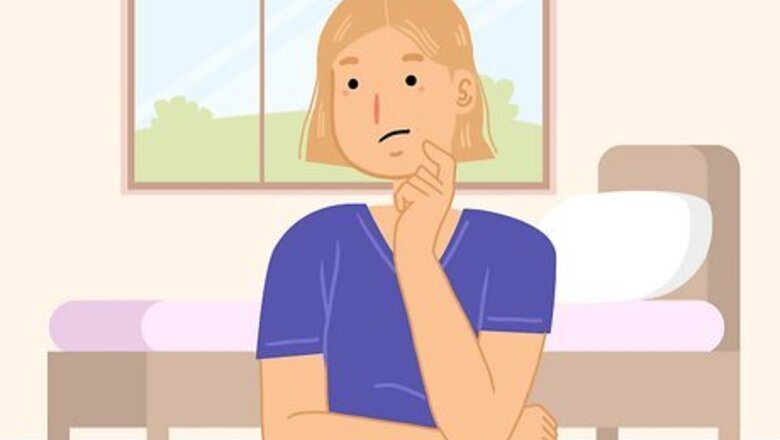
views
Dealing with Your Feelings
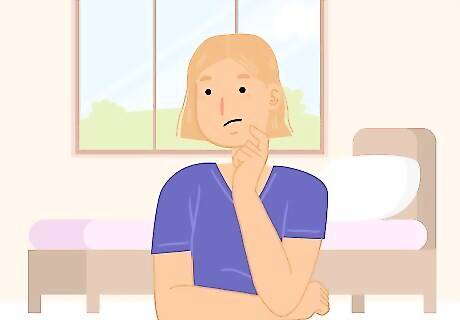
Pause before reacting negatively. If you want to preserve your friendship with this person, resist acting out on your emotions. Rejection can make you feel angry, embarrassed, and just plain hurt. Don’t react on impulse and take these feelings out on the other person. Before saying anything more to the person, immediately take a few breaths to collect yourself. Don’t rush into making any decisions. Give yourself time to calm down first.
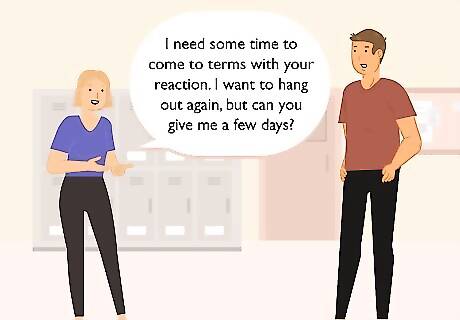
Get some space from the person. Being around the person may be especially difficult after saying the “L” word. Ask for some space to deal with your feelings. You guys can discuss how you want to move forward later. But, right now, it’s not going to do you any good to have to pretend and keep spending time with them. Say something like, “I need some time to come to terms with your reaction. I want to hang out again, but can you give me a few days?”
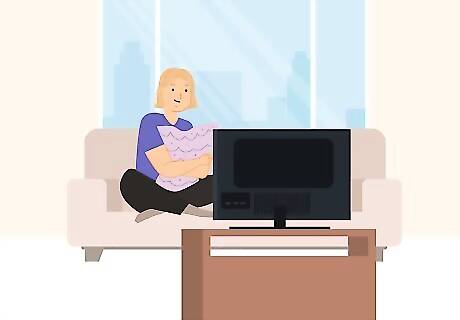
Nurse your wounds with self-care. It’s second-nature after a rejection to feel defeated. Counteract this by pouring on the love. Treat yourself gently, like you would a friend who’s got the flu. Treat yourself to a special lunch or dinner. Binge-watch your favorite TV show. Work off some steam in the gym. Do things that help you feel better. You may be tempted to reach for numbing substances like alcohol and drugs. These won’t make you feel any better. Instead, take good care of yourself by eating balanced meals, exercising, and getting enough sleep.
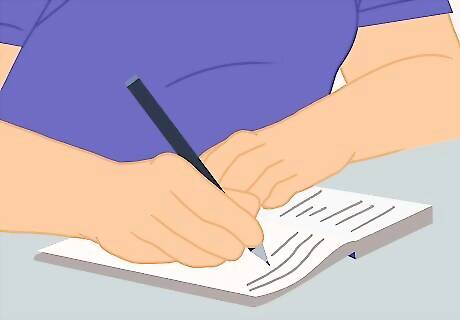
Journal about your feelings. Journal to unload your feelings about the rejection. You might describe what happened, how the person responded, and how it made you feel. Journaling is a great tool to help you identify your emotions and learn to cope with them.
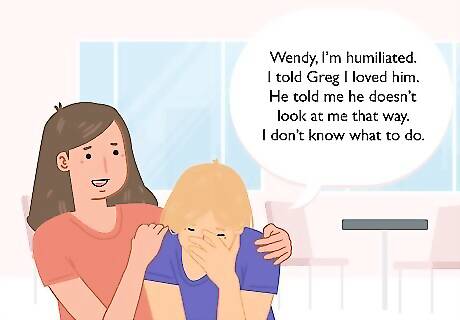
Confide in someone you trust. Share your feelings with a close friend. Make sure you choose someone you can trust, who won’t spread the information around town. They might even be able to offer you helpful advice, or comfort you after the rejection. You might say, “Wendy, I’m humiliated. I told Greg I loved him. He told me he doesn’t look at me that way. I don’t know what to do.”
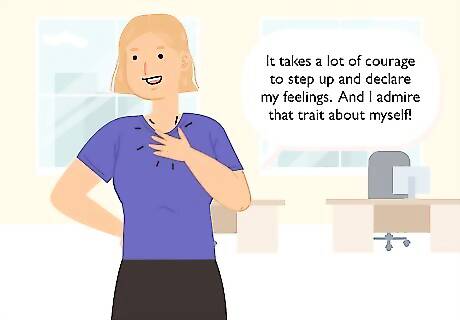
Reframe how you look at rejection. Another way to cope with rejection is to change how you look at it. You may be viewing the situation as if there’s something wrong with you. Change this thought process by coming up with some realistic alternatives. For example, the person may have said “no” because they want to keep you as a friend—they don’t want to risk losing you if a relationship doesn’t work out. Another way to look at it is the person rejected you because there’s someone else out there who’s a better match for you. You just have to wait to meet them. Remind yourself that it takes a lot of courage to step up and declare your feelings. Admire that trait about yourself!
Boosting Your Self-Worth
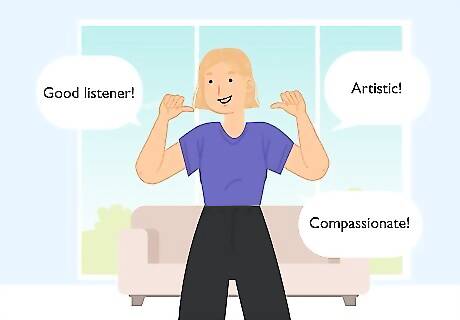
List your best qualities. Rejection can tank your confidence, so try to find ways to remember how great you are. Sit down and make a list of all the reasons you are incredible. Don’t feel shy! No one has to see the list but you. Your list might include traits like, “good listener,” “artistic,” and “compassionate.“ If you have trouble coming up with traits, ask your best friend or your parents. These people will probably recognize all of your great qualities.

Get out of your comfort zone. Counteract a bruised ego by doing something out of the box. When you try something new, you become aware of hidden talents and abilities. It doesn’t have to be anything extreme, just something a little different from your typical activities or hobbies. For example, you might sign up for a Flamenco dancing class, or plan a short trip to a nearby city on your own.
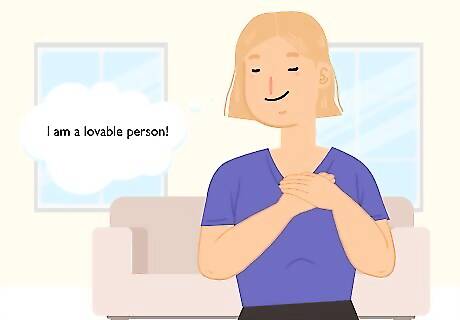
Think positively. The aftermath of rejection may bring lots of negative thoughts. Crowd out the negative by increasing the positive thoughts you have. Repeat positive affirmations throughout the day. If you can’t think of any, you can find some by doing a quick search online. Examples of positive affirmations may be “I am good at many things,” “Lots of people love to be around me,” or "I am a lovable person!" Repeat these affirmations each morning after you wake and periodically throughout the day when you feel down on yourself.
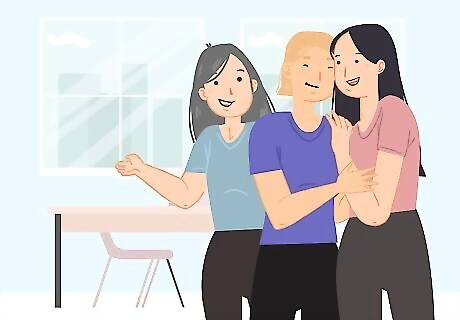
Spend time with people who value you. The best fix for a bruised ego is feeling loved. Make an extra effort to be around all the people in your life who cherish you. Spend more time with your close family by languishing over meals or having a game night. Plan to hang out with your dearest friends, too.

Consider casually dating someone else. You shouldn’t count on others to make you feel good about yourself. Still, it can help to bounce back after a rejection by putting yourself on the market and trying again with someone else. This isn’t the time to get seriously involved with anyone while you’re still nursing your wounds after the rejection. But, it can take your mind off things and be fun to date someone casually. Go up and talk to the girl who tries to catch your eye at the coffee shop. Or, finally, say “yes” to a movie with the guy who’s been asking for weeks. Let the person know up front that you’re getting over someone else and not looking for anything serious. Just have fun and see where it goes.
Saving the Friendship
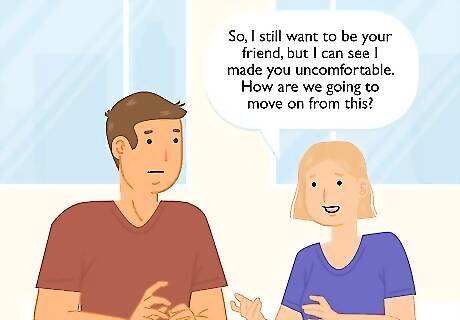
Have a candid discussion about where the friendship stands. Once you feel able to face your friend, arrange to meet up and talk. The two of you need to decide how to move forward with your friendship. If you just ignore it, your friendship may suffer. So, call out the elephant in the room and have the tough conversation. You might say, “So, I still want to be your friend, but I can see I made you uncomfortable. How are we going to move on from this?” Actively listen to what the other person has to say. Find out exactly how they are feeling and what they are thinking. Brainstorm solutions to reduce any awkwardness or resentments.
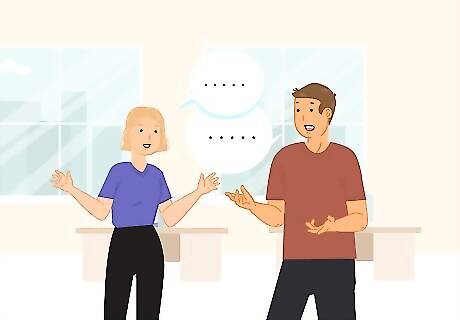
Respect their boundaries. If the two of you are able to resume the friendship and fall back into old patterns, your old feelings may re-emerge. If this happens, don’t try to change their mind, or convince them that they should date you. Your friend made it clear that they weren’t interested in you that way, so respect their choice. You may have to decide if you are able to continue being friends with the person. You may have to go separate ways if you are unable to control your feelings and if they don't go away over time.
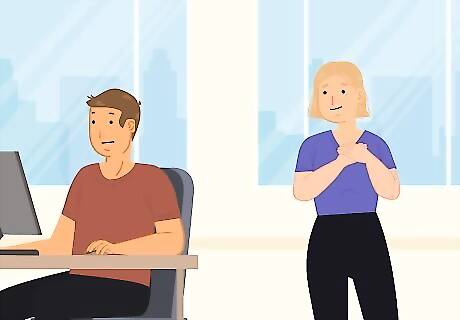
Realize that the friendship may never be the same. Your friend may feel uncomfortable hanging out with you after you revealed your deeper feelings. In a similar vein, you may still feel humiliated about the rejection. No matter how hard you two work to salvage the friendship, you may find yourselves spending less time together. Accept that once love enters the picture, things change. Be okay with not spending as much time with the person, if that’s what either of you wants. Your friendship might not improve until both of you are in fulfilling relationships, so be prepared for it to take a lot of time for things to get better between you.



















Comments
0 comment